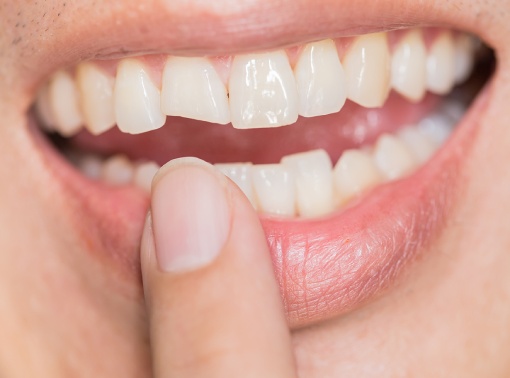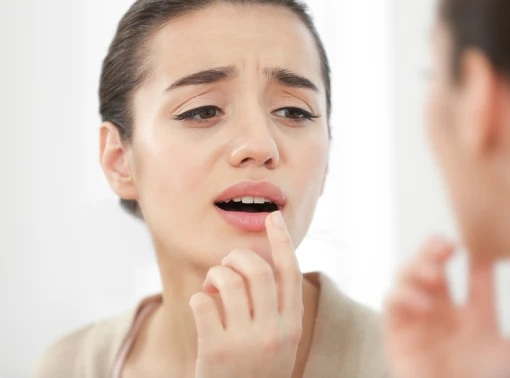southport emergency dentist
Dental Emergencies
Southport Park Family Dental
Dental Emergency
Unfortunately, dental emergencies can occur unexpectedly at any time. A dental emergency may include a toothache, pain or an accident which involves your teeth or mouth. Below is some information on what to do for some common dental emergencies.

Pain, Swelling and Abscesses
If you are experiencing pain and/or swelling in your mouth or face please contact the dentist as soon as possible. A dental abscess is a pocket of pus which is formed due to an infection in the tooth. The signs of an abscess might be persistent pain, tooth sensitivity to hot or cold, sensitivity when chewing or biting, swelling, fever or a bad taste in the mouth. An abscess will not heal on its own, so it is important that you seek dental treatment as soon as possible.
Tooth Fracture
A tooth fracture can unfortunately happen anytime and anywhere due to various reasons. A fractured tooth is when a tooth breaks and you lose part of the tooth with the roots remaining in the jaw bone. If this occurs, the first step is to find the fractured tooth if you can. Place the tooth in a container with your saliva or with milk. Make an appointment with the dentist as soon as possible. Bring your tooth with you to your dental appointment. In some cases, the dentist may be able to reattach the broken tooth back to the existing tooth structure. If you are unable to locate the tooth it is still recommended that you make an appointment with the dentist as soon as possible.


Losing the Entire Tooth
If your adult (permanent) tooth is knocked out, it may be able to be saved. However, time is critical and immediate action needs to be taken. It is best to remain calm and try to locate the tooth. If you can locate the tooth, hold the top (crown) of the tooth and not the tooth roots. Do not rinse or immerse the tooth with water. If possible, put the tooth in your mouth next to the cheek, however it is important not to swallow it. Alternatively, you can place the tooth in a container filled with your saliva or with milk.
It is important not to let the tooth dry out. Make an appointment to see the dentist as soon as possible, ideally this should be within one hour of the tooth being taken out. Bring the tooth with you to your appointment. The dentist may be able to re-implant the tooth and may place a splint on the tooth to stabilise it to help support this. It is normally recommended that you follow a soft diet for the next two weeks during this stage. When losing a tooth, there is a high chance that the nerve in the tooth is going to die. You will be required to monitor your symptoms and may be asked to look out for tooth discolouration or pain. If this occurs, a root canal may be required. Generally, a follow up appointment is required to review the tooth and if further treatment is required.
Crown or Veneer Falling Out
Sometimes it can be uncertain whether you have lost part of your natural tooth, veneer or crown. In this case, we would recommend that you manage this the same as you would a fracture tooth. Make an appointment with the dentist and bring the crown or veneer with you. If possible, the dentist will reattach the crown or veneer back onto the tooth.
Emergency Patients
We have emergency appointments available, so we can be there when you need us the most. If you are experiencing pain, have suffered trauma to your teeth or have noticed swelling in your mouth, please contact us as soon as possible so we can see how we can best help you.
If you would like more information about any of the services mentioned above, please give us a call on (07) 5655 7688 or contact us via the website and one of our friendly team members will be more than happy to help.
teeth
oral health
pain
services
treatment
